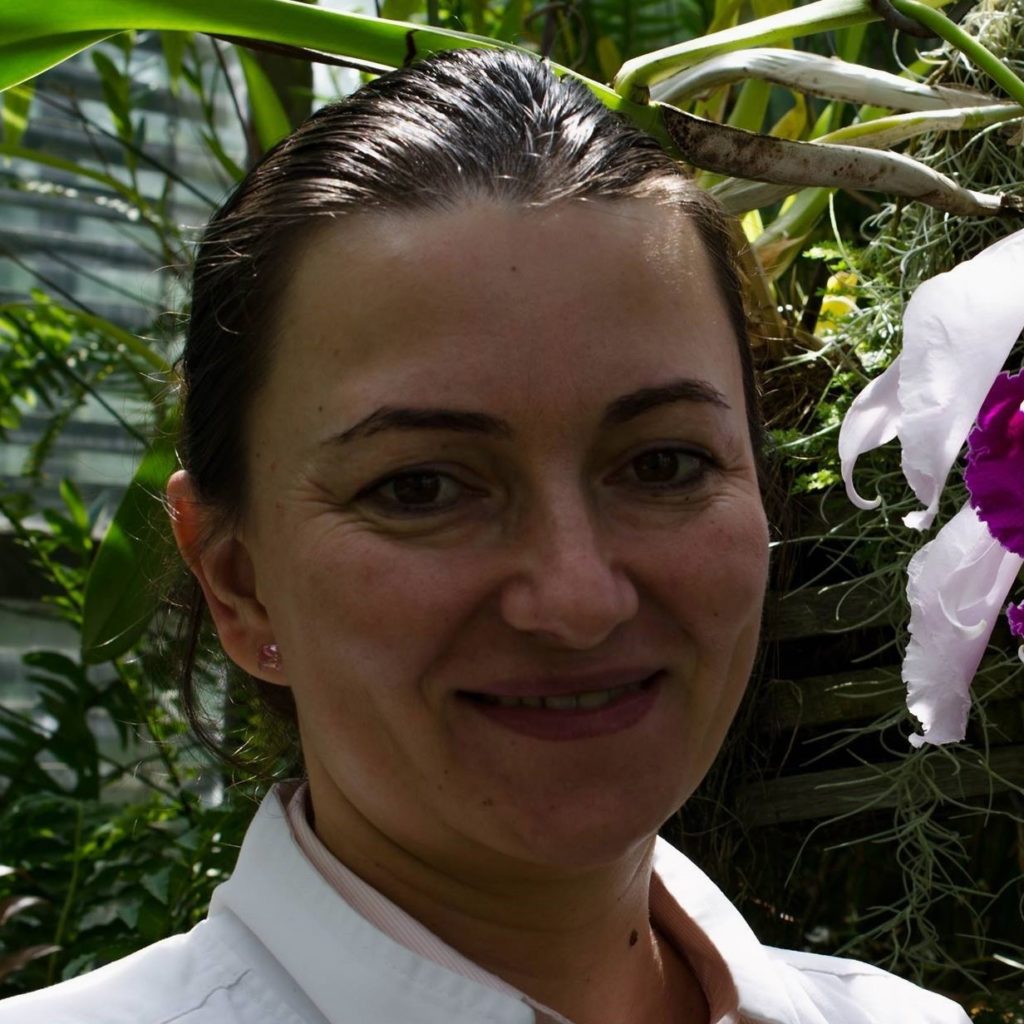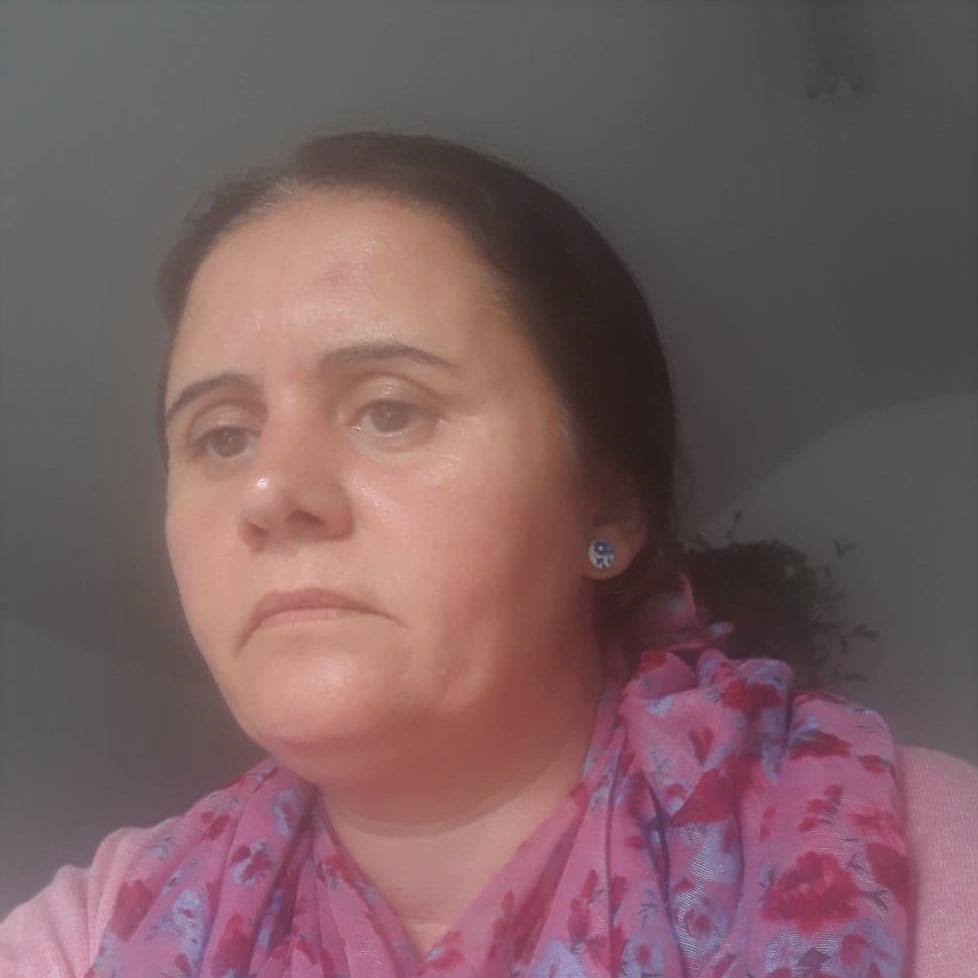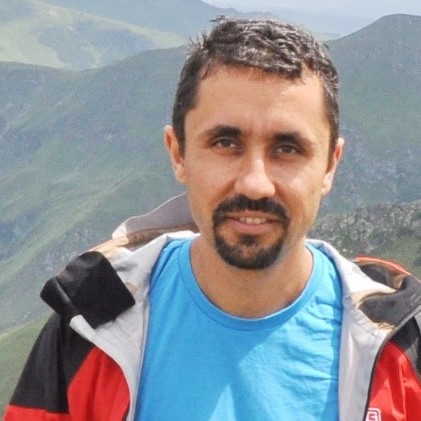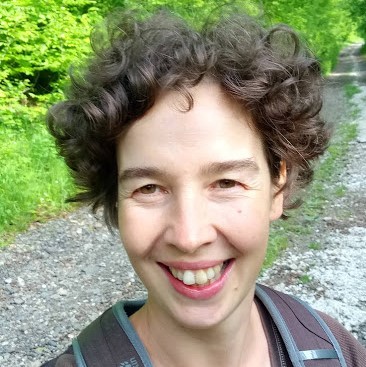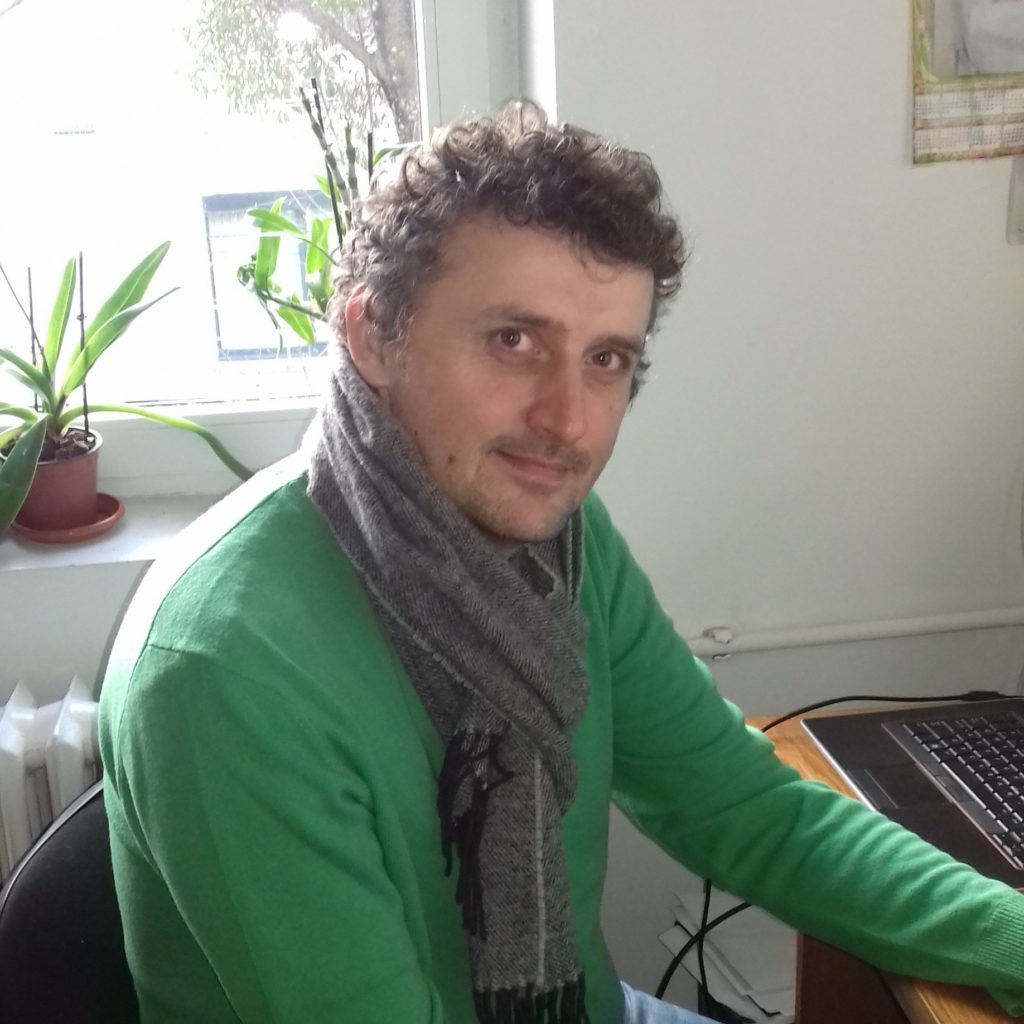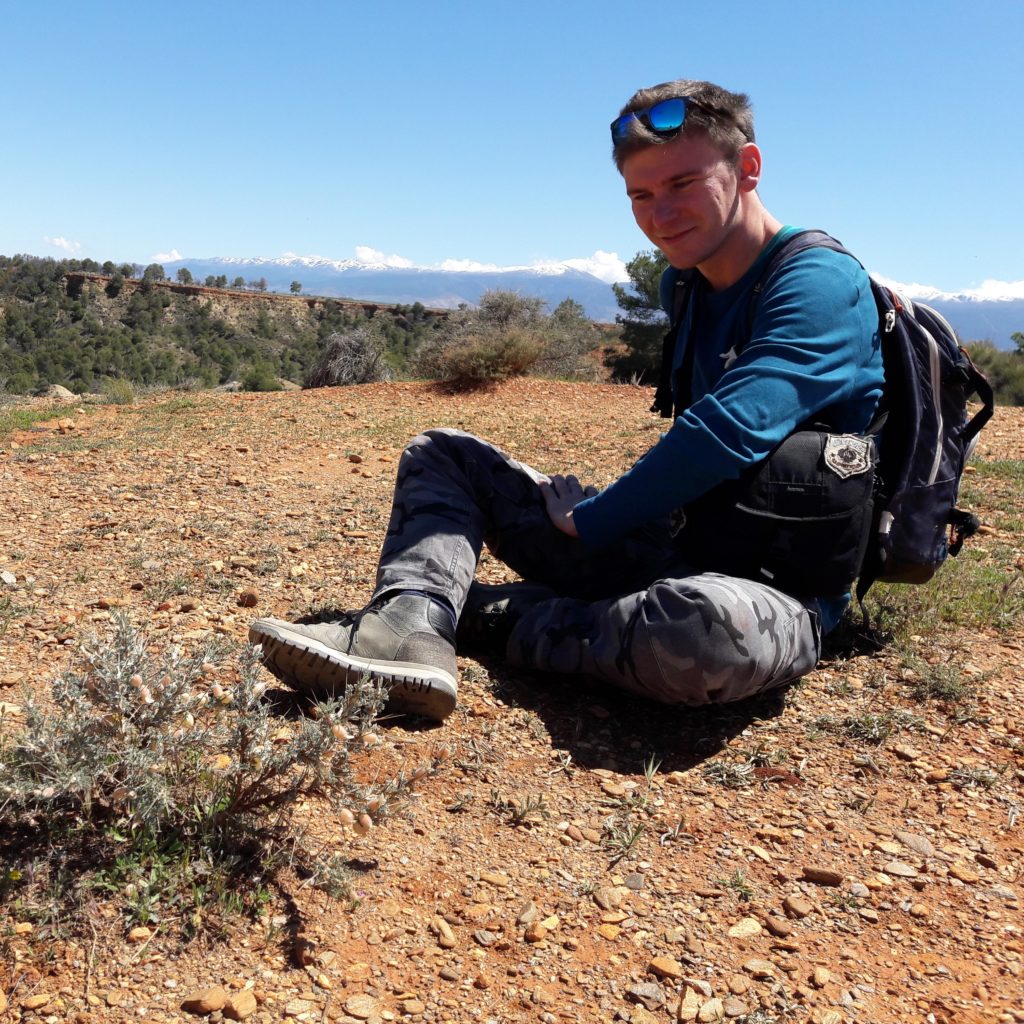Ecology, Conservation and Monitoring of Plant Diversity
Laboratory Head: Dr. Gavrilaș Oana
- Alpine ecology: researching the relationships between ecosystem properties and environmental conditions, at regional and local scales;
- Monitoring of alpine ecosystems: continuation of long-term inventories and monitoring in alpine and subalpine ecosystems, in order to investigate changes in flora, vegetation and bioclimate;
- Functional ecology: measurement and analysis of functional characteristics of plants, in relation to environmental factors;
- Remote sensing: evaluation and testing of ecosystem parameters (eg productivity) by remote sensing techniques, mainly in the alpine and subalpine environment; §The structure, functioning and dynamics of alpine grass ecosystems;
- Philogeography and taxonomy of alpine plants in Europe, especially in the Carpathians;
- Spatial and temporal distribution of the diversity of high altitude mountain species in the European Alpine System; §Long-term monitoring of the influence of climate change on the structure of alpine ecosystems;
- Study of the functional characteristics associated with the invasive potential of non-native plants; §Development of a protocol for early identification of potentially invasive species;
- The plant and vegetation ecology research group conducts basic and applied research on plant ecology. We are concerned with studying the mechanisms underlying changes in the diversity and specific composition of grasslands in Transylvania, induced by changes in use and climate change. In this sense, in the center of our attention are the effects caused by the invasion of non-native plant species, grazing, litter accumulation, arson and the installation of shrubs on the dynamics of vegetation in grassland ecosystems. We perform experimental studies in climate chambers, in the experimental site and in the field. Our research group offers a wide and varied range of research topics for students and master students;
- Evaluation of the therapeutic potential for natural pharmaceutical extracts;
- Use of plant extracts in combination with approved products to combat human and plant pathogens;
- Development of the field of Medical Mycology by establishing and maintaining a collection of fungi and / or pathogenic bacteria;
- Transdisciplinary collaborations for approaching complex research topics, with medical applicability;
- Obtaining plant extracts (tinctures, etc.) and quantitative analysis of phytoconstituents (alkaloids, polyphenols, sterols, etc.);
- Determination of antioxidant activity, antimicrobial (antifungal and antibacterial) and antitumor effect;
- Synthesis of nanoparticles with plant extracts and testing of antifungal effect on human fungi and cytotoxicity on human tumor cells; §Ex situ conservation through in vitro culture in different species of rare / endangered plants;
- Micropropagation – in vitro multiplication testing on culture media with / without growth hormones; testing of different environmental conditions on plant growth; §In vitro multiplication of some species that multiply vegetatively;
- Study of seed germination and their conservation.
Members:

PÂRVU Marcel
Prof. Dr. Habil.
Member of PhD School of Integrative Biology
e-mail: marcel.parvu@ubbcluj.ro
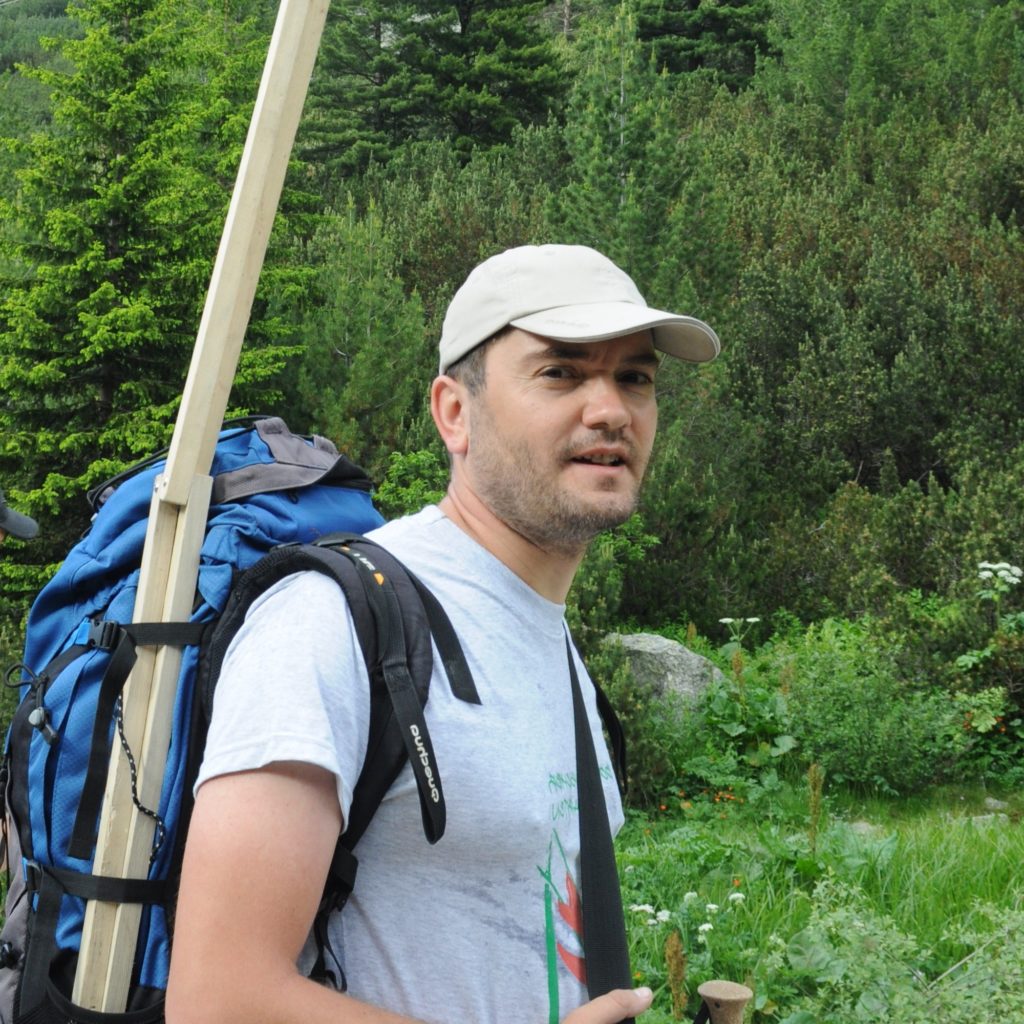
PUȘCAȘ Mihai
Assoc. Prof. Dr. Habil
Member of the PhD School of Integrative Biology
e-mail: mihai.puscas@ubbcluj.ro

RUPRECHT EszterKarolina
Assoc. Prof. Dr. Habil.
Member of the PhD School of Integrative Biology
e-mail: eszter.ruprecht@ubbcluj.ro

CIORCA (Șuteu) Anca-Mihaela
PhD Student
PhD School of Integrative Biology
e-mail: anca.ciorca@ubbcluj.ro
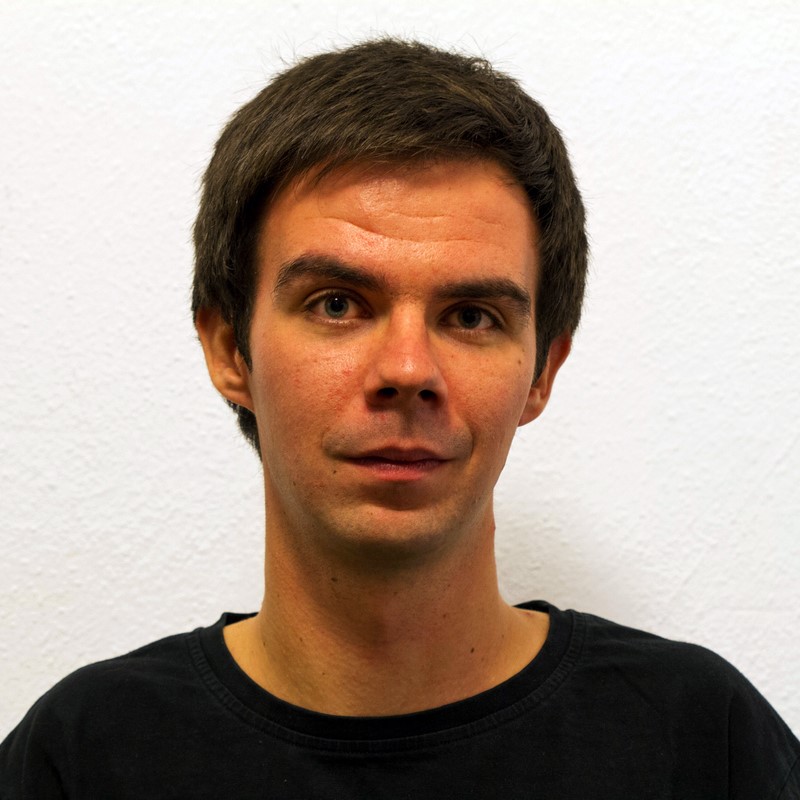
MIHOLCSA Zsombor
PdD Student
PhD School of Integrative Biology
email:

